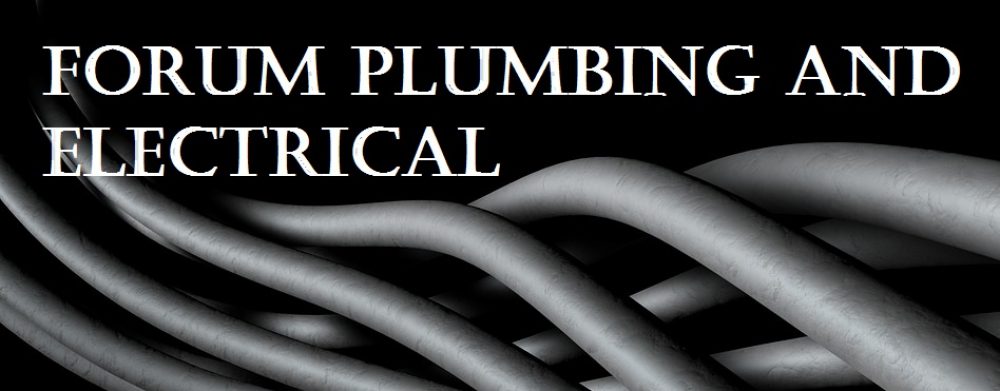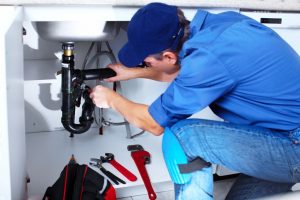We all know what a nuisance a clog in the kitchen sink can be, how easily the simple blockage can ruin not only the usability of your kitchen, but your entire day and how messy it can all get when you are trying to locate and to get rid of the clog. Fortunately, there are lots of easy ways to prevents the clogging in the pipes that go to your kitchen sink – here are some tips.
Understand How Kitchen Sink Clogs Form
Whenever you use your kitchen sink to wash your dishes, your fruits and veggies or to dampen or clean a piece of cloth to do some cleaning in the kitchen, the residues that are removed by the jet of water coming from your faucet are transferred to your pipes. The residues that can be dissolved by the water pass easily, but the ones that are not soluble in water, such as any grease, hair or other, tiny but hard particles tend to either congeal and form deposits on the wall of your pipes or to simply stop inside the pipe, gathering other particles around and first reducing, then completely stopping the flow of water through the pipe.
How to Prevent the Formation of Clogs
One of the easiest ways to prevent the formation of clogs in your kitchen sink is to watch what gets in there. Knowledgeable plumbers in Denver advise that you should never pour any grease, oil, coffee grounds and hard particles into the sink – remove all of them from your pots and pans before they are even introduced into the sink.
Another way to prevent unwanted oily or greasy substances and particles of food debris from getting into the sink is by installing a screen or a garbage disposal unit to hold up anything that accidentally gets swallowed by the sink and can cause clogs. While screens are simple items intended to strain whatever passes from the sink into the pipe, the garbage disposal unit is an electrical device installed under the sink and it works by grinding the food scraps that reach into it.
Trying to dissolve whatever can cause clogs in your sink is also a great idea – run your hot water after each dish-washing session, the hot water will help move at least some of the food particles stuck in the pipe. Pouring substances that can dissolve greasy blocks is also a good idea – you can use simple baking soda, vinegar or drain cleaner to prevent the formation of large clogs.
According to expert plumbers in Denver, cleaning the pipes, especially the S-bend when you notice the first signs of clogging is also an efficient way to prevent the aggravation of the situation. When you see the slightest sign that drainage is becoming difficult, stop the water supply to the kitchen sink and disassemble the pipe right under the sink and the S-bend. Clean the pipe sections thoroughly, then assemble them back again and try the prevention methods described above – with a little attention, your sink is likely to stay free from clogs for a long time.


